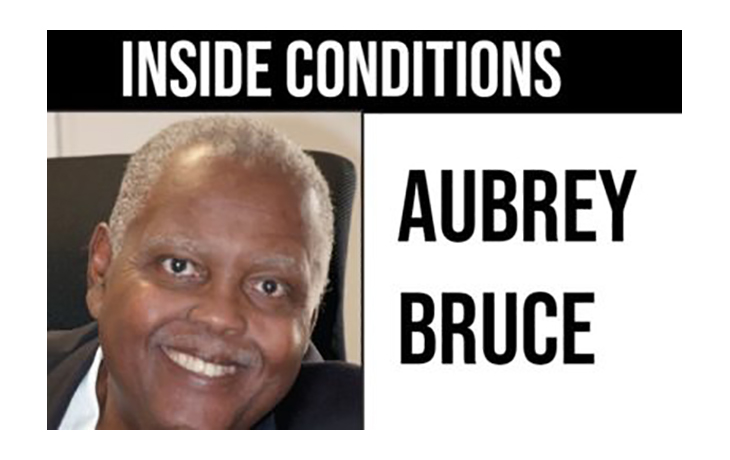Oneil Cruz
On May 19, 1933, the National Football League approved adding an expansion franchise in Pittsburgh to new owner Art Rooney. The Pittsburgh Professional Football Club was formed and later became the Pittsburgh Steelers. Except for a 21-0 playoff loss to the Philadelphia Eagles in December 1947, the team was not taken very seriously for most years. Through it all, on many occasions, Art Rooney had to hang in there by the skin of his chinny-chin-chin but he didn’t abandon the city or its fans by pulling up the moving vans to Three Rivers Stadium, at the crack of dusk, moving to any new location with only the name, “greener pastures.”
With the guidance of his son, Dan Rooney, the Steelers were restructured and rejuvenated by an innovative young coach Charles Henry “Chuck” Noll as well as super scout William “Bill” Nunn who helped implement a new talent evaluation draft system that was not stuck on drafting according to position need, but choosing the best athlete available.

September 1, 1999: The NHL Board of Governors approved an application by Mario Lemieux for ownership of the Pittsburgh Penguins. Lemieux moved into an ownership role a couple of years after he announced his retirement as a player in 1997. At that point, the Penguins owed him more than $32 million in deferred salary, and he converted much of that money into equity in the team, making him the first player in North American sports history to own the team he used to play for.
Instead of suing for the $32 million dollars that the team owed him, he invested that equity by purchasing the team. Lemieux assumes the posts of president, chairman, and CEO of the Penguins.
Now get this: on December 27, 2000, he returned as an active player assuming the role of the team’s No. 1 center, therefore reigniting his role as one of the NHL’s marquee players.
Let’s now talk about the state of major league baseball in Pittsburgh. The saying usually goes; “I am saving the best for last.” However, regarding the Pittsburgh Pirates’ current ownership, the saying has been amended to: “I have saved the worst for last.”
It hasn’t always been this bad. newspaper heir Kevin McClatchy, the former owner and CEO of the Pittsburgh Pirates from 1996 to 2007, is credited by many people with keeping the Pirates franchise in Pittsburgh. McClatchy sold his shares of the Pirates in 2009 only after ensuring that the club remained in Pittsburgh.
There was a catch to that requirement that the team remained in Pittsburgh, but it was not stipulated indirectly or directly that the “players” on the team would remain in Steel City. After Bob Nutting became the majority owner of the Pittsburgh Pirates, the modus operandi was not to develop a championship franchise but to use the Pittsburgh fans and the Western Pennsylvania market to cheer on the “fattening up” process of young players in order for them to be auctioned and shipped off to the highest bidder. In 2012, the Pirates’ outfield included two-thirds of a future Hall-of- Fame outfield featuring Andrew McCutchen and Starling Marte. In 2014 they added Gregory Polanco, at that point, arguably giving them one of the best, if not the best outfields in Major League Baseball. They also had pitchers Gerrit Cole, Charlie Morton, Francisco Liriano, and super reliever Tony Watson. All squandered away because the Pirates ownership was too thrifty to retain those players as building blocks for the future.
There seemed to be no regard to any future, with the exception of future profits.
The Pirates ownership was not on the sneaky side; they seemed to be on the “snaky side.” The Pirates’ 2023 roster has been “snake bitten” by an injury to upcoming star shortstop Oneil Cruz. The lanky shortstop had surgery late Sunday, April 9, to repair a fractured left ankle and is out at least four months. He suffered the injury in the sixth inning of the April 9, 1-0 victory over the Chicago White Sox.
Let’s hope that this latest setback won’t be another excuse for management to suck up another 90-loss season. The Pirates ownership needs to take a few cues from the past ownership groups when it comes to loyalty and fiscal responsibility.